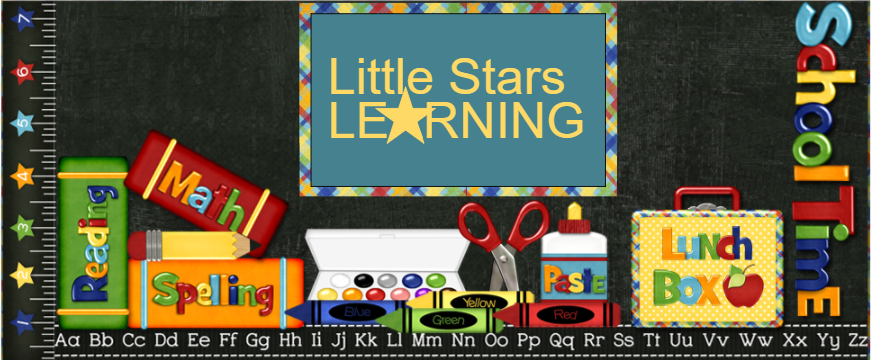"TIME OUT!"
"But I SAID SORRY!"
"Sorry doesn't make it better."
"Sorry," doesn't mend wounds, physical or emotional. It can't heal boo boos or broken hearts.
There are very few reasons a child gets a time out here, and the only automatic time out children get here is for maliciously harming another child.
Somehow, society has gotten to the point where an apology, sincere or not, is seen as an acceptable response to a willful action.
It isn't.
Too often we make children apologize, accepting a casual, "Sorry!" tossed out. This from children who are NOT sorry, and the victim's response is usually, "That's okay."
It's NOT.
Neither child learns anything useful from this interaction and it goes nowhere in changing behavior.
Neither does time out. Or spanking. Or loss of privilege. I use time out to give me a moment to contain the bully while I deal with the victim. It is not intended to change behavior, but to stop motion the child until I can respond appropriately to that child.
Small children are unable to comprehend the potential outcomes of their actions. They lack the experience and knowledge. It's up to adults to show proper interactions.
A bully needs to be held accountable.
A victim needs to stand up and be heard.
Sorry does not make it okay.
You would imagine a child that looks like this would be the bully.
However, it is more often the ones that look like this little angel that snap a short fuse and cause harm.
I believe in making children under three say they are sorry. They don't know if they are sorry or not, usually they are not. However, societal conventions demand an apology and it's a good habit to foster in the early years. However, an apology is not a grudgingly mumbled, "Sorry," from half way across the room.
Having the children look each other in the eye (starting age 2 and good verbal):
"[Laura], I am sorry I hit you and made you cry. That was not nice and I will not do it again."
"You hurt me. That was mean. Do not do it again."Looking the child in the eye,
"It is my job to keep everyone safe. I will NOT allow you to hurt people or things."
Acknowledgement of action and outcome, holding the bully accountable, giving the victim a voice and position of power, stating my responsibility.
After age 3, I begin to leave the actual apology up to the individual child, depending on where I believe they are in development. When a child can determine if an apology is truth or lie, then I do not wish to place them in a position of lying. An apology is only good if it comes from the heart.
However, even if the child chooses to not apologize, they still must acknowledge their actions.
If someone is needing to apologize, then what they did is NOT OKAY. Drives me nuts to hear a person apologize and the other person say, "That's okay."
IT IS NOT!
The appropriate response to an apology is telling the other person how their actions made you feel, impacted you, and warning them that you will not put up with it in the future.
Saying, "Okay," pretty much lets them off the hook, minimizing what took place. This isn't fair to either party.
Luckily, this group is pretty tight, smart, and considerate. So, their interactions are more likely to look like this:
But even with good, sweet children, we've had three apologies this morning alone. But no time outs, because there was never any intention to harm.
Pictures in this post were staged. Except the hugs. Those were truly spontaneous.
Tags: parenting, homeschooling, development, preschool, social, emotional, pre-k, daycare, child, care





















No comments:
Post a Comment
Note: Only a member of this blog may post a comment.